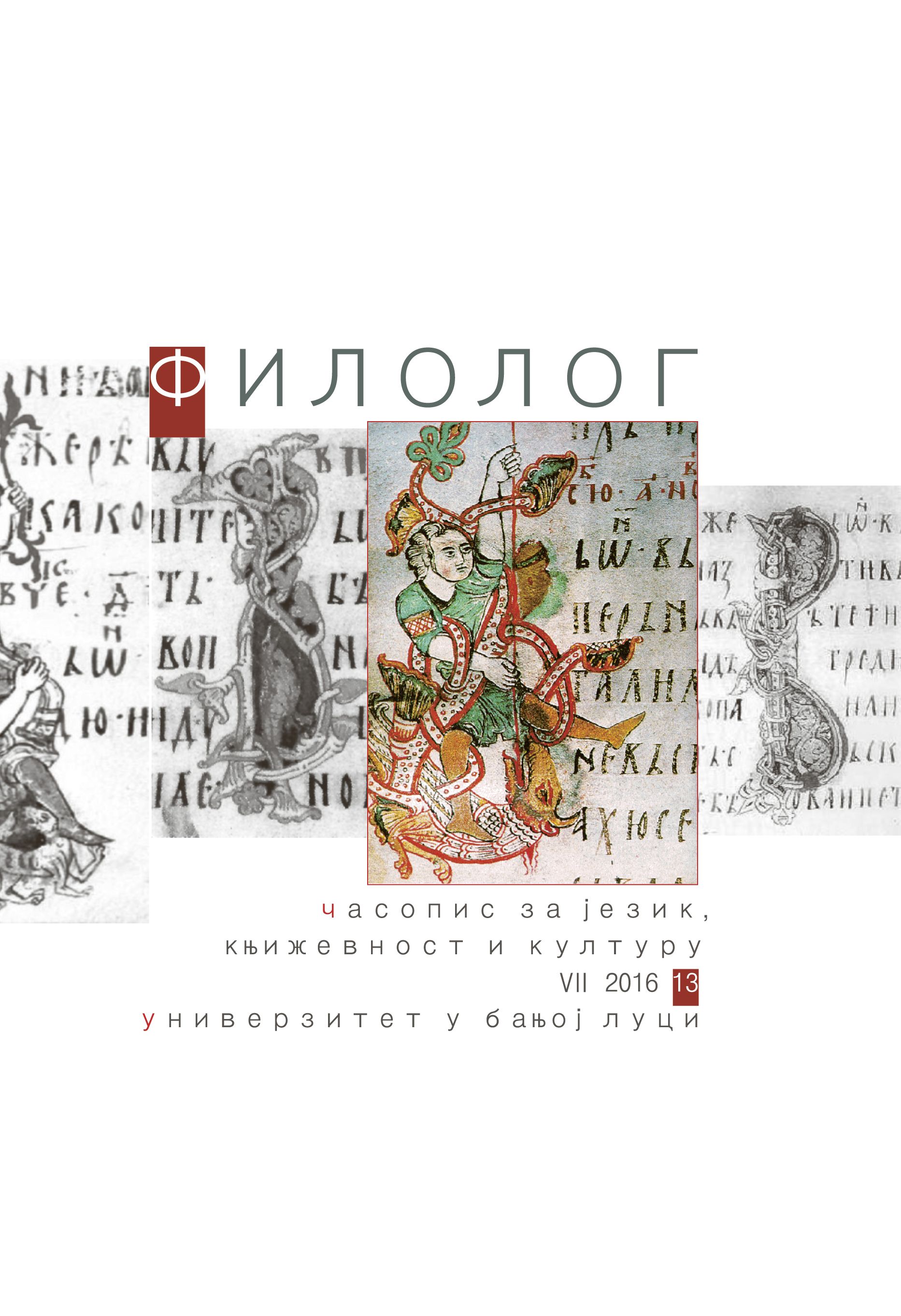The Postmodernism of Postmodernism: It’s a “Funny” Story
The Postmodernism of Postmodernism: It’s a “Funny” Story
Author(s): Michael T. SmithSubject(s): Language and Literature Studies, Comparative Study of Literature, Structuralism and Post-Structuralism, Philology, Theory of Literature
Published by: Филолошки факултет Универзитета у Бањој Луци
Keywords: Beginning; arche; trace; aletheia; erasure; Deleuze;
Summary/Abstract: My primary thesis is that postmodernism always invokes a metafunction of self-reflexivity to some notion of “beginning.” First, I reference Heidegger, who views being as the beginning. However, as Gayatri Spivak writes in her famed introduction to Jacques Derrida’s Of Grammatology, “That something is, presupposes that anything can be” (xiv). Thus, there is some preoriginary concept for any concept before it emerges. In this sense, the arche (the beginning) only has presence by its complimentary absence. In Postmodernism, then, we are left with a language of metaphoricity (which is the crux of Being). However, I then ask: if the thought of thought tends towards the beginning, what could be said of the Meta-mind behind “thought?” Descartes, Derrida argues, gives the name ‘folly’ to the prereflexive cogito – before the “I think” can be reflected upon a pronounced being. Building off Derrida’s argument at length I claim that in postmodernism, nothing should be in stasis; everything is in flux. Thus, to reconcile with this pre-originary space, one always falls from the beginning, always traces the beginning (in the Derridean sense).
Journal: Филолог – часопис за језик, књижевност и културу
- Issue Year: 2016
- Issue No: 13
- Page Range: 471-482
- Page Count: 12
- Language: English

